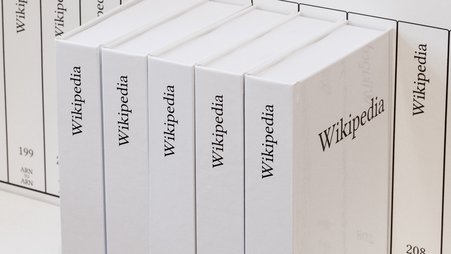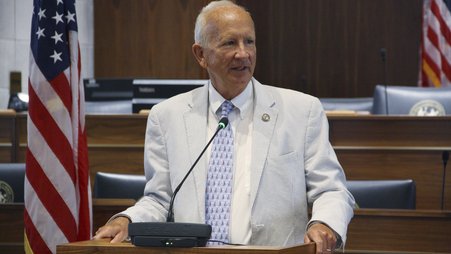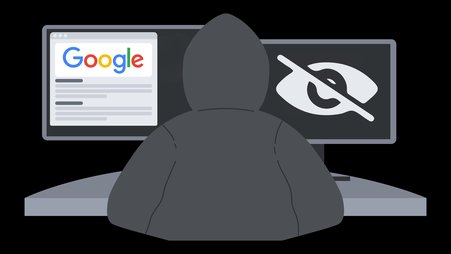
“Now, now, children, you know you’re not allowed to read the news on a school computer! It’s dangerous! You may learn something.” Teacher Helping Students Working At Computers In Classroom by City of Seattle Community Tech is licensed under CC BY-NC 2.0.
Tens of thousands of students have used the 1619 Project to learn about American slavery and its consequences for U.S. history. But not at Albuquerque Public Schools. There, the Pulitzer Prize-winning report was just one of the thousands of news stories blocked by web filters between January 2022 to August 2023, according to a new report from Wired.
In fact, the school’s filters blocked students from accessing news websites nearly 40,000 times. Some URLs seem to have been flagged for including a single “forbidden” word, like a Time magazine report on the fate of the Enola Gay after it dropped the atomic bomb on Hiroshima.
The web filtering company claims it uses sophisticated machine learning algorithms, not keyword blocking for terms like “gay.” But this and other examples of blocked news websites leave us skeptical.
Wired’s reporting adds to mounting evidence that efforts to stop kids from seeing “bad” content online almost always turn into censorship. Yet some lawmakers want to extend censorship in the name of kids’ safety beyond the classroom — to social media used by both minors and adults.
Defenders of proposals to control online content, whether just on school-issued devices or everywhere on the internet, argue that young people must be stopped from accessing inappropriate content like pornography or information that may harm them.
But study after study has shown that web filtering technology actually prevents kids from learning by blocking totally innocuous and even beneficial content or chilling their online research. It also leads to disproportionate harm to LGBTQ+ students, low-income students, and students of color.
KOSA would keep kids from informing themselves
This censorship of lawful, harmless content is exactly what will happen on the rest of the internet if Congress passes the Kids Online Safety Act. KOSA will create strong incentives for social media companies to remove wide swaths of legal content, including the news.
It does so by imposing a “duty of care” on platforms to act in minors’ best interests and requiring platforms to take reasonable measures to “prevent and mitigate” certain harms to minors. Those include “anxiety, depression, eating disorders, substance use disorders, and suicidal behaviors.”
That may sound like a good idea at first. But it will cause platforms to block a lot of content that kids should be able to access to inform themselves and participate in our democracy. Some experts say, for example, that exposure to news about racist violence against Black people on social media has harmed Black kids’ mental health. But it’s still important for Black youth — and teens of all races — to have access to news that impacts them, their communities, and the country, even if it can be depressing or anxiety-provoking.
Access to news and other information is what allows young people to push lawmakers to actually address the underlying issues impacting their mental health, rather than simply requiring that information be censored to avoid upsetting people.
Proposed law a pathway to censorship for all
But if KOSA becomes law, social media platforms may believe they have no choice but to block or remove news reports about racist violence and any news content that could be distressing for kids.
Or, even if platforms don’t intentionally target news content, it will likely still be swept up and removed by automated filters that can’t discern good content (e.g., news stories discussing racist incidents) from bad (e.g., racist posts), just like those being used in schools.
KOSA will also cause many social media companies to remove content for everyone, not just kids. Simply removing content from a platform entirely is easier than blocking content just for younger users.
KOSA’s sponsors say that the law doesn’t require platforms to censor anything. But even if the word “censor” doesn’t appear in the text of the law, it’s undoubtedly what platforms will do. For proof, look no further than the school web filters like those used in Albuquerque.
It hardly seems worth giving up our freedom to read the news and be informed just so children (and perhaps some adults) can be “protected” from content like a Washington Post article about the history of apple pie or the president visiting New Mexico to talk about climate change (both actual examples of stories blocked in Albuquerque).
It’s bad enough for this censorship to happen in our schools. Congress shouldn’t expand it to the entire nation.




